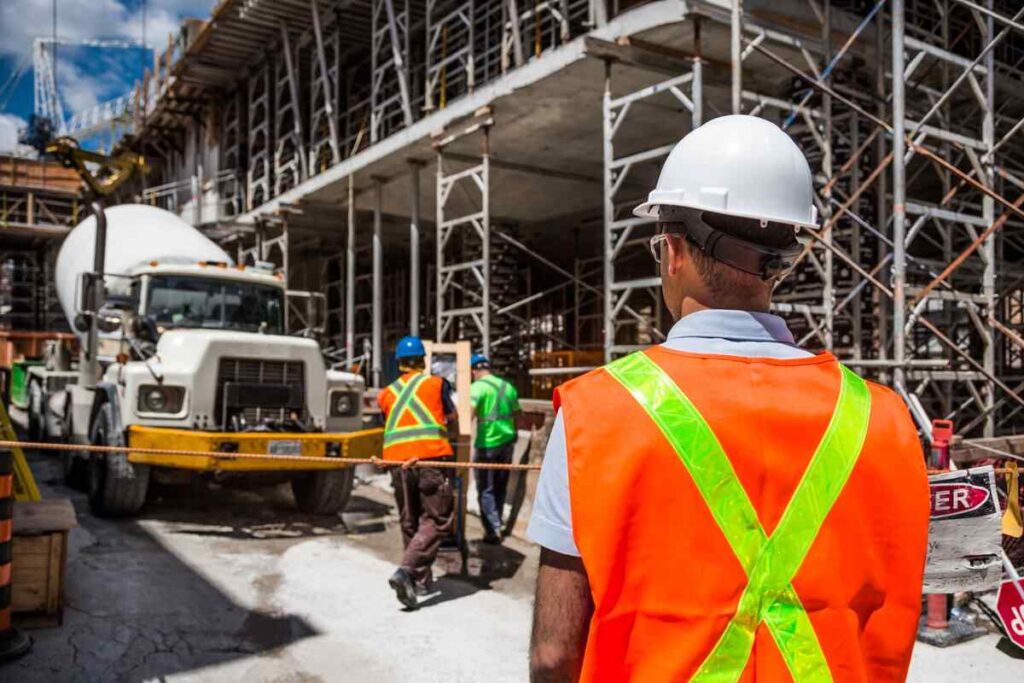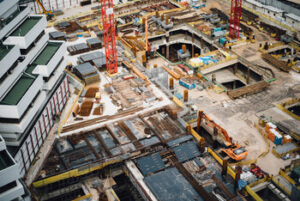
Mastering the Art of Construction Project Management: A Comprehensive Guide
In the complex and dynamic world of construction, successful project management is the linchpin that holds everything together. Construction project management is the art of planning, executing, and overseeing a project from inception to completion, all while managing resources, budgets, timelines, and an array of stakeholders. In this comprehensive guide, we will explore the critical elements of construction project management, from the essential principles to the latest project management solutions, to ensure that your construction projects are not just completed but completed with excellence.
The Fundamentals of Construction Project Management
At its core, construction project management is a systematic approach to controlling every facet of a construction project. Here are some fundamental aspects:
- Project Initiation: The first step is to define the project, its goals, and objectives. This phase sets the direction for the project and clarifies the roles and responsibilities of the team.
- Planning: A comprehensive project plan is created, which includes a schedule, budget, resource allocation, and risk assessment. The plan forms the backbone of project execution.
- Execution: This is where the actual construction work takes place. The project team carries out the plan, and the project manager oversees progress, quality, and safety.
- Monitoring and Controlling: Regular tracking of the project’s progress is crucial. Any deviations from the plan are identified and addressed promptly.
- Closing: Upon completion of the project, a review is conducted, and all aspects are closed out, including final documentation and handover.

The Role of a Construction Project Manager
The construction project manager is the key player in ensuring a project’s success. They wear many hats, acting as a leader, coordinator, and problem solver. Their responsibilities include:
- Project Planning: Creating a comprehensive project plan that outlines the project’s objectives, scope, budget, and schedule.
- Resource Management: Allocating resources, including labor, materials, and equipment, to meet project goals.
- Risk Management: Identifying potential risks and developing strategies to mitigate or manage them.
- Communication: Facilitating communication among project stakeholders, including the client, contractors, and team members.
- Quality Control: Ensuring that work is completed to high standards and in compliance with industry regulations.
- Time Management: Managing the project schedule, including setting deadlines and ensuring that work progresses according to plan.
- Budget Management: Monitoring project costs and making adjustments to stay within budget.
- Problem Solving: Addressing any issues or roadblocks that arise during the project’s execution.
Challenges in Construction Project Management
Construction project management comes with its set of challenges, which can include:
- Complexity: Construction projects can be intricate, involving numerous tasks, stakeholders, and variables.
- Budget and Cost Management: Staying within budget while meeting project requirements is often challenging.
- Scope Changes: Changes in project scope can disrupt timelines and budgets.
- Resource Allocation: Properly managing and allocating resources is vital to success.
- Risk Management: Construction projects are susceptible to various risks, from weather-related delays to design changes.
- Communication: Ensuring clear and effective communication among all stakeholders is essential.
Technology and Project Management Solutions
In the digital age, technology is playing an increasingly significant role in construction project management. Project management solutions and software can streamline processes, enhance communication, and improve overall project efficiency. Some notable advancements include:
- Project Management Software: Tools like Microsoft Project, Primavera, and Procore help project managers create schedules, track progress, and manage resources.
- Building Information Modeling (BIM): BIM software allows for 3D modeling of construction projects, aiding in design, planning, and collaboration.
- Drones: Drones are used for site inspections, surveying, and monitoring construction progress.
- Mobile Apps: There are numerous mobile apps designed for construction project management, allowing team members to access project information and updates on the go.
- Collaboration Platforms: Tools like Slack and Microsoft Teams facilitate communication and collaboration among project teams.

Best Practices in Construction Project Management
To excel in construction project management, consider these best practices:
- Clear Communication: Maintain open, transparent communication with all project stakeholders to prevent misunderstandings and disputes.
- Detailed Planning: Create a comprehensive project plan that includes all tasks, timelines, and budgets.
- Risk Assessment: Regularly identify, assess, and manage project risks.
- Document Everything: Maintain detailed project documentation, including plans, changes, and approvals.
- Quality Control: Implement rigorous quality control processes to ensure that work meets high standards.
- Regular Monitoring: Continuously monitor project progress and adjust as necessary.
- Adaptability: Be prepared to adapt to changes in scope, budget, or timeline.
- Team Management: Build and lead an effective project team, ensuring that roles and responsibilities are clear.
Conclusion
Construction project management is the backbone of any successful construction project. From inception to completion, the project manager’s role is to ensure that all aspects of the project run smoothly. With the advent of technology and project management solutions, the field is evolving, offering more efficient and effective tools for project managers. By following best practices and remaining adaptable in the face of challenges, construction project managers can lead their teams to success and deliver projects that meet or exceed client expectations.